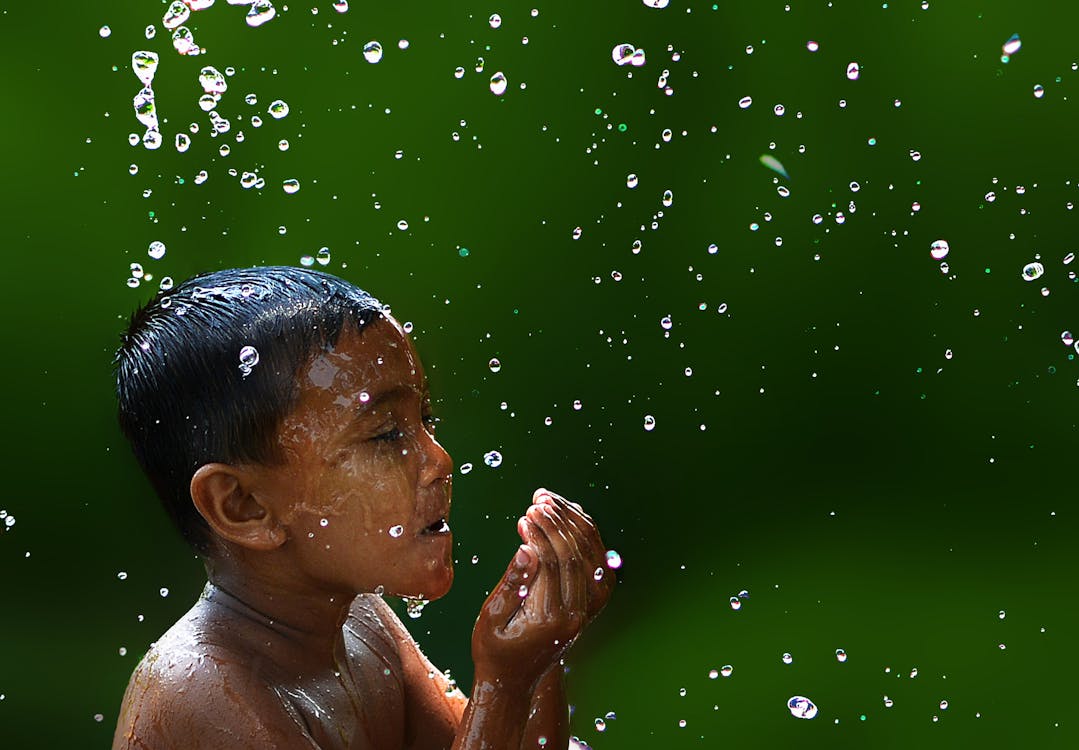WATER AND HEALTH
"I'm dying of thirst!"
Water is a vital primary resource for life and for good health and health is essential for development. Clean water and access to clean water should be available for everyone according to Post – 2015 agenda. Some key points of Post – 2015 are as follows:
-
Safe drinking water and adequate sanitation is a human right and together with practicing good hygiene a prerequisite for healthy human living and productivity;
-
Water challenges for a sustainable world go beyond access to safe drinking water, adequate sanitation and hygiene
-
Management of water resources and the polluting impact of wastewater is a universal challenge for all countries
In many developing and under-developed countries, impressive steps have been taken during the era of MDGs but still we need to take practical actions to combat issues of adequate access to clean water and good health. For example the outbreak of new viruses and diseases like Ebola and Zika, poses new challenges for international community and it is critical to deal with these issues. 
GIWEH being a member of Post – 2015 agenda supports the steps taken to provide clean water and healthy life to people in developing world. GIWEH is already working in many African and Latin American countries. We would ask researchers to come up with ideas to deal with water issues which has direct and indirect impact on human health.
Suggested topics for research are as follows:
-
What is the impact of climate change on patterns of ill-health and the burden of disease?
-
What are the most effective new approaches to support the sexual and reproductive rights of adolescents?
-
What has been the impact of different strategies and approaches towards access ofclean water and its impact on human health?
-
What factors influence healthy food choices (including taste, culture, prices, marketing, access, control and food budgets) and what policies and interventions can encourage these?
-
How can educational systems be adapted and developed to maximise young people's capacities for sustainable livelihoods through formal and informal employment and/or entrepreneurship?
-
What are the most effective approaches for the delivery of locally appropriate, affordable and high quality education for children and young people about water and health?
Examples of GIWEH’s research and how it influences our work are found below:
Thematic Reports
• Farmers’ Perceptions of Scotland’s Diffuse Water Pollution Regulations in the Eye Water and Pease Bay Priority Catchment
Projects
• Safe Water for Palestine
• Four Rivers Restoration Project
• GIWEH’s Water Award 2013
• GIWEH’s Water Award 2014
Capacity Building & Trainings
• Water Resources in the Middle East